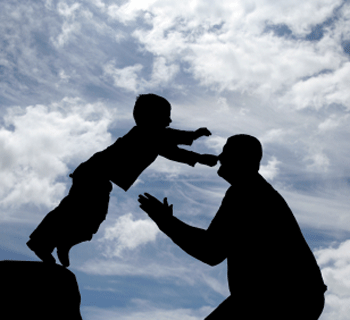To Charles Bukowski,
In your tale of "Dinosauria, We", you create both a sense of mystery and awareness that we, as the present generation, need to focus on in order to prevent an event like "this" to occur. The "this" leaves me open for much pondering such as wondering whether "this" was created due to human kind's ability, or created because of events humans did not try to prevent: such as Global Warming.
There is one thing that incredibly sticks out in my mind and that's these certain sentences that I will mention: "the sun will stay hidden there, awaiting the next chapter". These two lines of the poem can be interpreted in many ways, but how did you want the readers to interpret it? I interpreted it as a period of "rebirth"--where the sun is waiting to start the world anew, but I do have a question as to regarding that...
If your purpose was to convey a sense that the world would be reborn, what is your meaning of "rebirth"? Is it in the sense that the whole world will start over again like the first makings of Earth, or did you mean that things--for the people still living--will just begin again for them.
One other quote that sticks in my mind is your line about robots: from what I understand, the "robots" that you mean are not super advanced technological species, but in the sense that we, as humans, would become if "this" occurred. When I think of this poem added with the sense of humans in the "this" world, I think of desensitization and a programed way of doing stuff. What I mean by that is after living in that world for such a long time, we would start to lose our sense of emotion and we would religiously continue to do things as if we were programed to do such. Well, at least that's what I believe.
--Sincerely,
Lexi
Thursday, October 27, 2011
Friday, October 21, 2011
Father and Son
 The Road: a tale of a post-apocalyptic world where darkness lies everywhere; there isn't a sun, warmth of any kind is nonexistent, and a chilling, everlasting cold suspends in the air. In the story, there are two main characters where we are told of their journey through the lands towards the southern part of the country--a father and his son.
The Road: a tale of a post-apocalyptic world where darkness lies everywhere; there isn't a sun, warmth of any kind is nonexistent, and a chilling, everlasting cold suspends in the air. In the story, there are two main characters where we are told of their journey through the lands towards the southern part of the country--a father and his son.The relationship between these two is like any other parental relationship, though with more sense of reality than present day times. The father still acts like a parental unit to the boy--caring and protective--and the boy, despite everything he's currently going through in this world, still acts like a kid at heart. Such an instance occurs when the boy--as he and his father are sitting in their temporary camp site--asks the man to read to him as well as leave their lamp on.
Compared to parental relationships of current day times, the relationship the boy and the father share is (as I said earlier) more realistic and truthful than most. In The Road, the son isn't afraid to ask his father about death and basically accepts the fact that they'll eventually die anyway. Most kids would be afraid to speak of something like that (I know I would be if I had been told this around his age), but I'm sure parents would avoid the question if asked--unlike the father in this story. There's no sugarcoating his words...the father just flat out gives his son the truth. Something about that, in itself, is incredibly admirable. It is a subject that is normally explained lightly or in such a fashion that it seems that the way it was thought out was to be a 'sweet' way of putting things: I know that's how my mother always told me of death...when God was ready to claim me for the Heavens he would take me, and as long as I did things correctly and took care of myself, I'd be able to live for a good amount of time.
Subscribe to:
Comments (Atom)